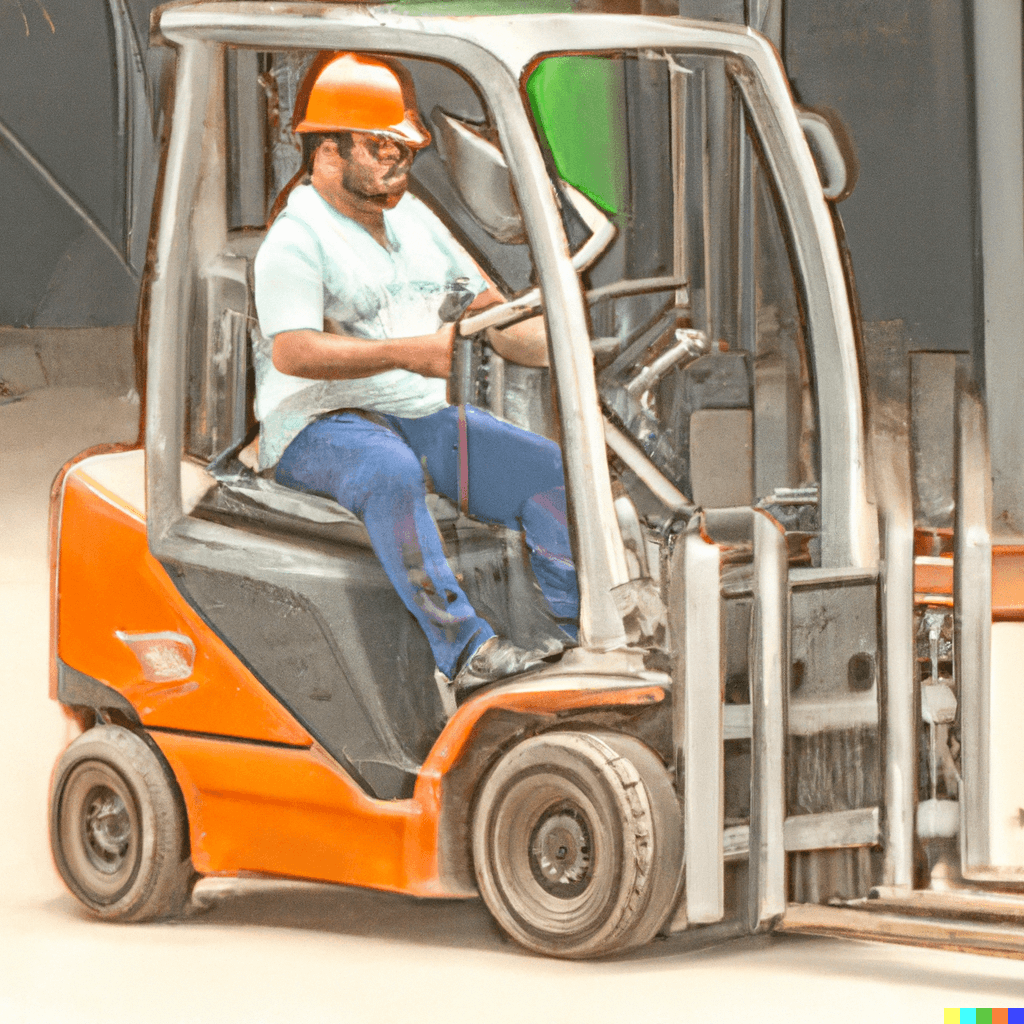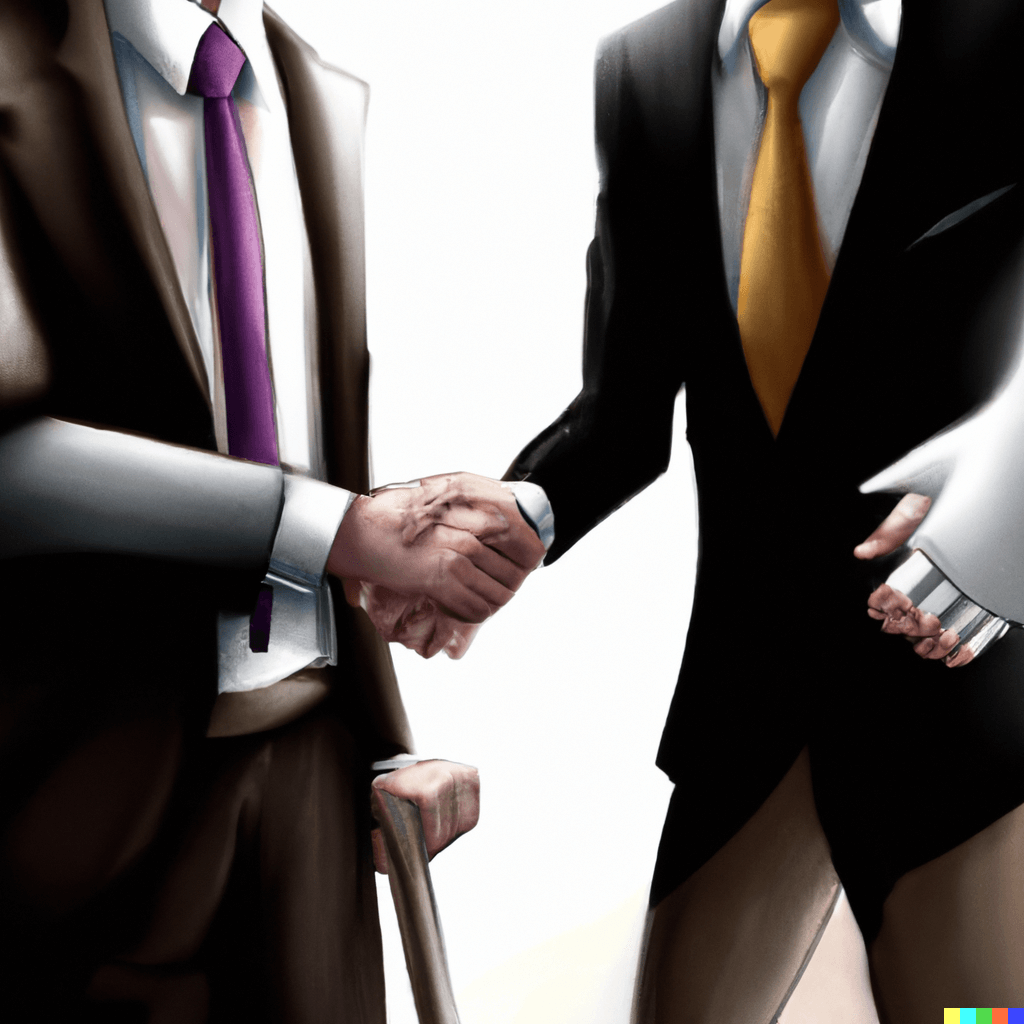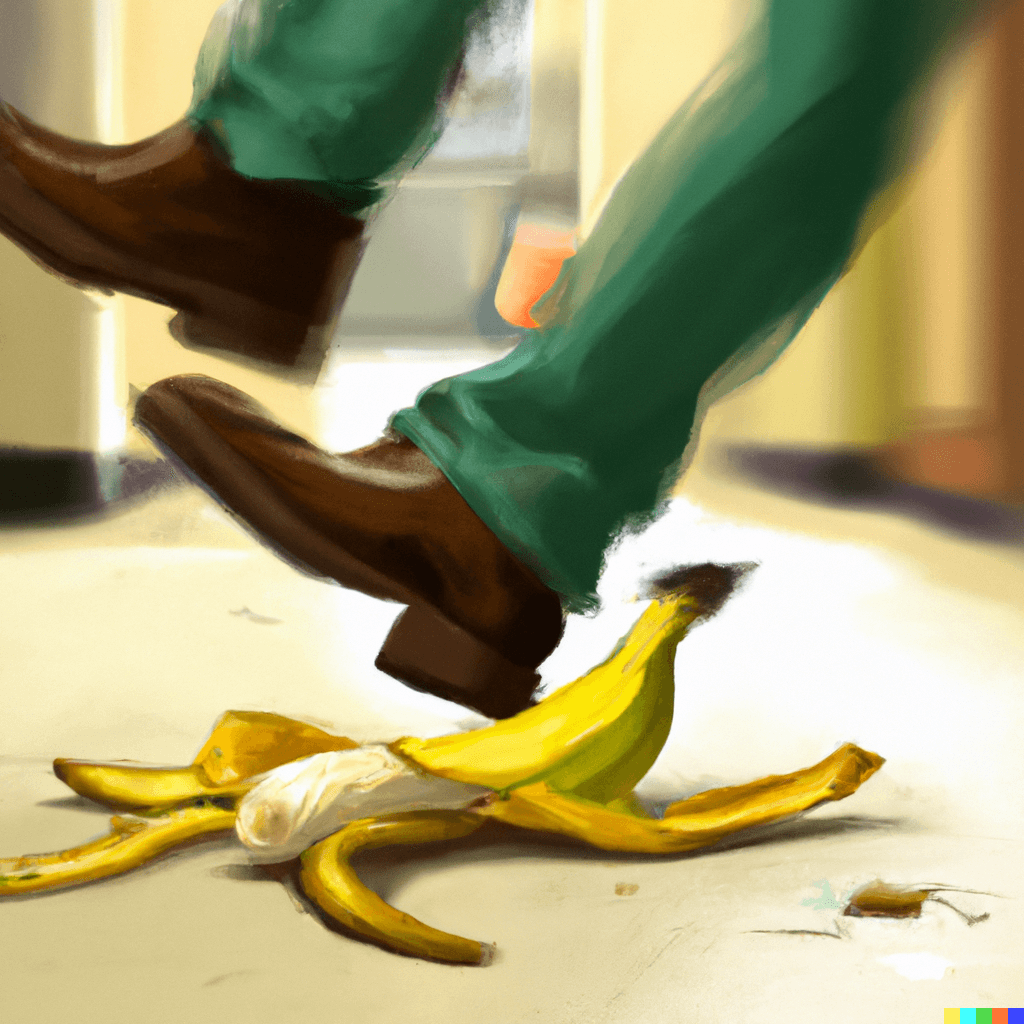Introduction
Catastrophic injuries are life-altering events that often result in severe, long-term impacts on a person’s physical and mental health. Survivors must navigate a challenging path to recovery that often includes substantial medical bills, lifestyle adaptations, and emotional distress. At SELPH LAW, we are committed to standing beside catastrophic injury survivors and their families. This article provides an overview of catastrophic injuries and the legal resources available to help survivors rebuild their lives.
Understanding Catastrophic Injuries
Catastrophic injuries are those that have a profound impact on an individual’s life, often resulting in permanent disability or disfigurement. These injuries can include spinal cord injuries, traumatic brain injuries, severe burns, loss of limbs, and others. They can result from a variety of incidents such as car accidents, workplace accidents, medical malpractice, and more.
Legal Support for Catastrophic Injury Survivors
- Assessment of Damages: At SELPH LAW, we begin by conducting a comprehensive assessment of your damages, factoring in both current and future medical expenses, loss of earning capacity, pain and suffering, and other potential costs associated with your injury.
- Claim Preparation and Filing: We work closely with you to prepare and file your claim. Our firm collaborates with medical professionals, life care planners, and other experts to build a strong, compelling case on your behalf.
- Representation and Litigation: We negotiate with the opposing party and their insurance company to secure a fair settlement. If necessary, our team is prepared to take your case to court to ensure you receive the compensation you deserve.
- Post-Settlement Support: Our commitment to our clients does not end when a settlement is reached. We continue to offer advice and support as you navigate the aftermath of your injury and the changes to your lifestyle.
Resources for Catastrophic Injury Survivors
Besides legal assistance, several resources can provide additional support for catastrophic injury survivors. These include medical professionals, mental health counselors, rehabilitation therapists, support groups, and non-profit organizations dedicated to assisting individuals with specific types of injuries.
Conclusion
Surviving a catastrophic injury requires strength, courage, and determination. At SELPH LAW, we are dedicated to easing this journey by providing robust legal support. We strive to ensure you receive the compensation necessary to afford quality medical care, make necessary adaptations to your lifestyle, and secure your future.
Disclaimer: This blog post is meant for informational purposes only and does not constitute legal advice. Always consult with a professional attorney for legal decisions.









